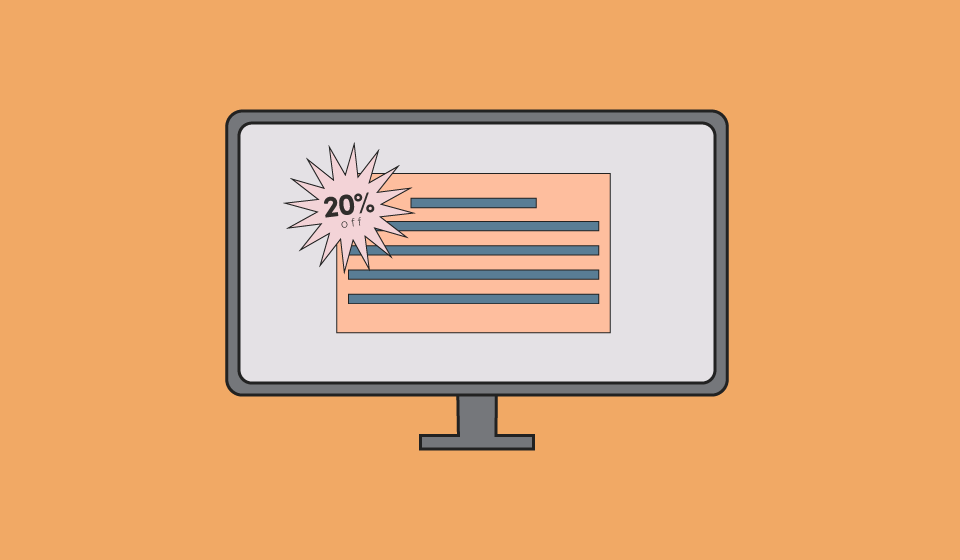

Imagine I’m the consumer you’re advertising to.
I search for a product or service in Google. I find and click your ad. What happens next? Do I find myself on a random page on your website or did you create a specific landing page for the ad?
If I find myself at your website’s homepage after clicking on a product or service related ad, I'll probably become overwhelmed trying to figure out how I got here.
I'll end up clicking through your navigation, attempting to get to the information your ad promised me.
In that case, I'll leave and continue my search elsewhere. This is why your ad needs a landing page.
You already know that paid advertising can be extremely beneficial for local businesses, increasing brand awareness and driving sales, but did you know that landing pages can help take your ads to the next level?
Here are two quick reasons why ads should lead to a landing page.
A good page's message matches the messaging in your ad, which is good not only for customers but also for your ad costs and performance.
A decent message match can help improve your AdWords Quality Score as well as your Facebook Relevance Score. This could mean a higher ad ranking or a reduced CPC (cost per click) for your online ads across platforms.
So, if your ad promises a 20 percent discount, the page that opens when the consumer clicks your ad should give them the coupon.
Don’t send customers to your home page from that ad. Don’t lead to a social media profile or your YouTube channel.
The easiest way to do this is to write a headline that matches your ad. The messages don’t have to be exactly the same, but use enough similar wording that your audience understands that the ad and the landing page are related.
They will feel like they came to the right page and will then be more ready to convert (take the action you wanted them to take, such as downloading a coupon or filling out a form) than if the page had nothing to do with the ad.

Another great thing about landing pages is that they are designed to convert.
Again, a good page has a specific message that gives your audience everything they need to make a purchase:
I’m guessing your home and about pages probably have a couple links on them, and they probably don’t have a specific call to action that tells the customer what you want them to do.
(If your ad's goal is brand awareness, this isn't a huge problem, but if you're running ads that have a specific conversion goal, a landing page will help you achieve that goal.)
And, according to HubSpot, the average conversion rate for a search ad is only around 2.7 percent, while the average conversion for a landing page can be much higher, from 5-15 percent.
That’s why we create landing pages for our clients’ ads and promotions. We want to make it as easy for their potential customers to make a purchase.
A Few More Optimization Tips:
While creating a landing page is great for specific ads that wouldn’t make sense if they led to a main page of your website, creating the landing page isn’t the end.
For more on conversion optimization, check out our post, 5 Tips for Optimizing Your Website for Conversions.
Subscribe to our email list to get the latest digital marketing content delivered to your inbox each week!